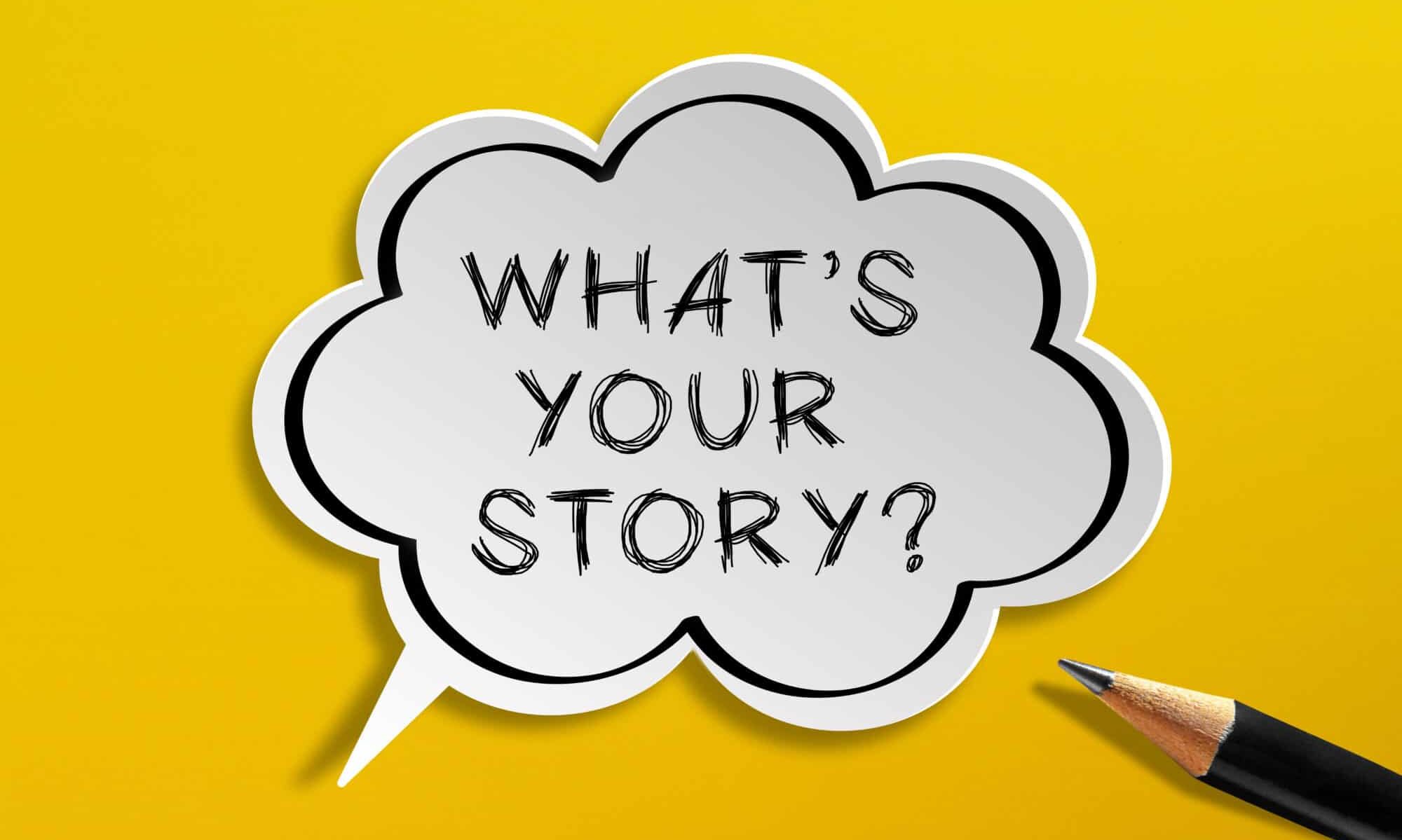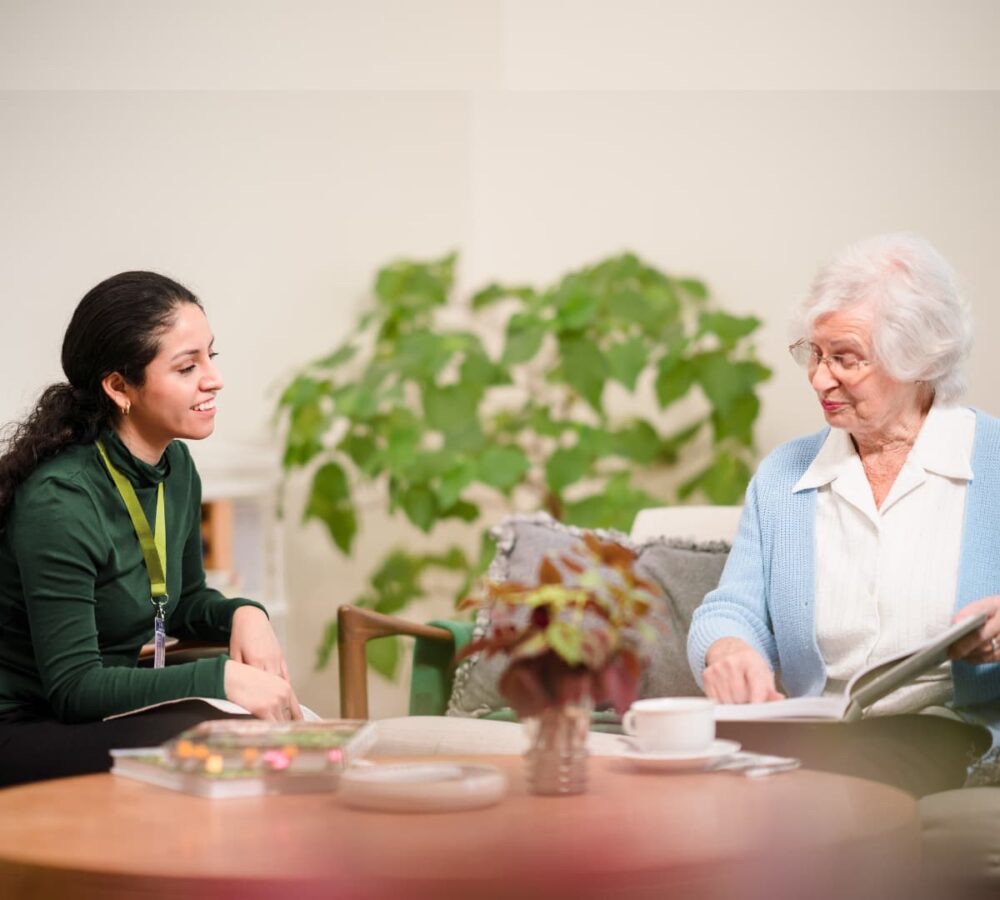We all know how powerful it feels to sit with someone older and hear their stories — about the town they grew up in, the first job they ever held, or the way they met the love of their life. But did you know there’s actual science showing that this kind of storytelling, called reminiscence therapy, improves the quality of life for older adults?
A recent systematic review published in BMC Geriatrics (2023) pulled together research from the last 20 years, and the results are clear: sharing personal memories isn’t just nostalgic, it’s good for well-being.
What researchers found
- Better quality of life. Older adults who participated in reminiscence sessions reported higher life satisfaction and well-being.
- Emotional boost. Talking through memories improves mood and self-esteem, and helps people feel more connected.
- Simple is enough. Most studies used what researchers call “simple reminiscence” — guided storytelling, often in small groups. No complex therapy, just conversation.
- Timeframe that works. Sessions were typically about 60 minutes, and even a handful (less than 10) made a noticeable difference.
(Full article here: https://bmcgeriatr.biomedcentral.com/articles/10.1186/s12877-023-04001-1)
Why it works
Psychologists note that reminiscing helps people make sense of their lives. Remembering good times fosters gratitude, while recalling challenges and how they were overcome strengthens resilience. Most importantly, telling these stories out loud lets people feel seen, valued, and understood.
What this means for families
If you’ve ever thought “I should really record Grandma’s stories one day,” the research is a gentle nudge: do it now.
Set aside an hour. Ask open questions: What was school like? Who was your best friend? How did you spend summers? Really listen — you’ll be surprised at what emerges.
Even a single recorded session can become a treasured heirloom for children and grandchildren.
What this means for communities
The review found group sessions especially effective. That’s encouraging for community centres, seniors’ clubs, and care programs: a small circle of people sharing memories creates laughter, connection, and belonging.
It doesn’t take expensive equipment. Just a quiet room, a thoughtful facilitator, and a willingness to listen.
Our approach at The Life Chronicles
At The Life Chronicles, we’ve seen firsthand how powerful these sessions can be. Our role is to make them comfortable, private, and lasting:
A guided conversation, either one-on-one or in a small group. Choice of video or audio — or both. Privacy first: families own the recordings, nothing is shared without permission. A finished heirloom (short film or private podcast episode) delivered in about two weeks, with raw files included.
What started as a family project for us has grown into a mission: helping more families preserve the voices, faces, and stories that matter most.
A gentle reminder
Stories fade faster than we think. Photographs may capture faces, but it’s the voices, gestures, and little details that bring someone back to life. Science now confirms what our hearts already knew: reminiscence isn’t just remembering — it’s a gift of connection, meaning, and health.
So, ask the question. Turn on the mic. Make space for the story. It’s good for them, good for you, and good for generations to come.

